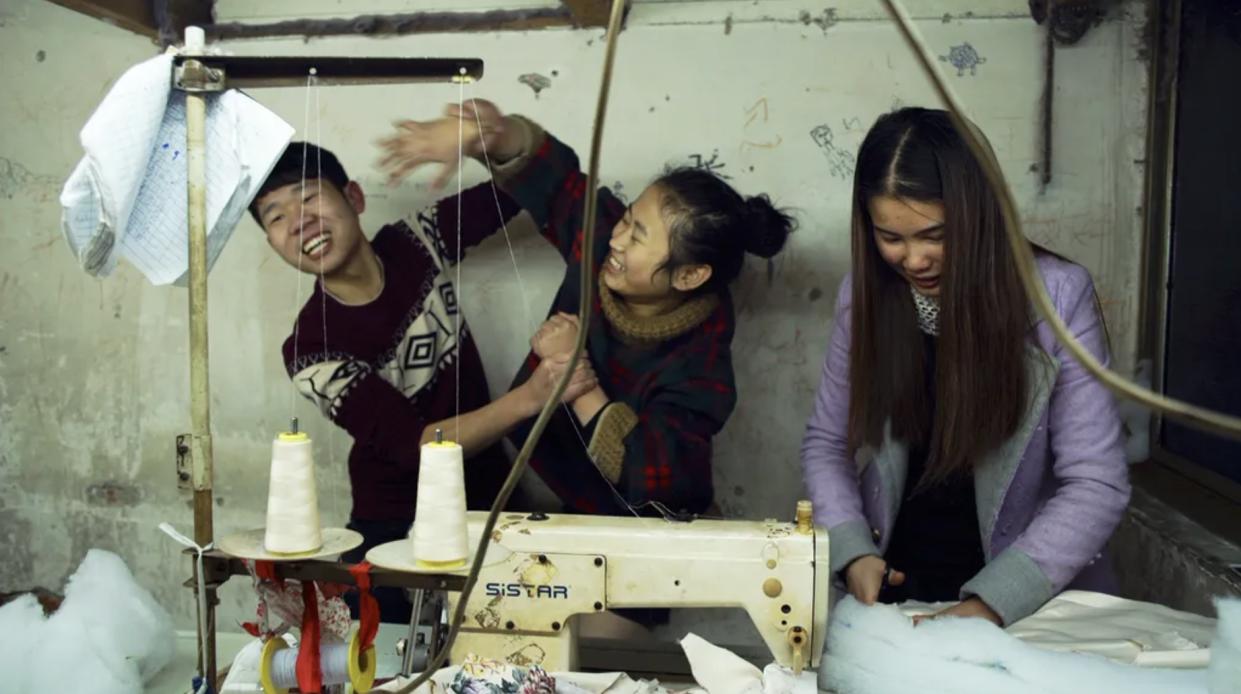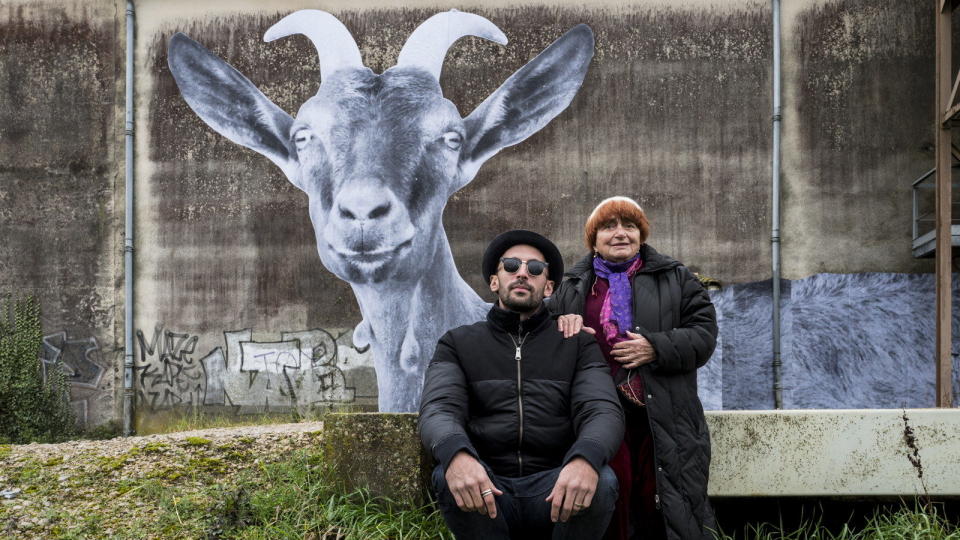Why Can’t Documentaries Get Respect at Cannes?

- Oops!Something went wrong.Please try again later.
- Oops!Something went wrong.Please try again later.
Every year, the Cannes Film Festival program yields its riches. And every year, documentaries are kept to the selection sidebars, with the exception of just three over the years, two of which won the Palme d’Or: “The Silent World,” co-directed by Jacques Cousteau and Louis Malle in 1956, and Michael Moore’s “Fahrenheit 9/11” in 2004.
This year, out of 16 documentaries in the Official Selection, two are in the Competition, the first time nonfiction titles have joined that storied roster since Moore’s inclusion.
More from IndieWire
Johnny Depp Says He Felt 'Exposed' at Cannes: 'People Can Hit the Bottom Many Times'
Michael Keaton Returns as Batman in 'The Flash' - with a Few Tweaks
This is progress, but a quick glance at the latest Palme d’Or predictions reveals that Wang Bing’s “Youth” (marking the first 3.5-hours of an eventual 10-hour triptych) and “Olfa’s Daughters” from Kaouther Ben Hania are not high on the list of likely winners. Both are recognized by critics as boundary-pushing examples of the form but seem unlikely to become consensus award picks from Ruben Östlund’s eclectic Competition jury.
What took the selection committee, which has been headed by festival director Thierry Fremaux since 2007, so long? One theory is that the Cannes brass weren’t thrilled when “Fahrenheit 9/11” popped out of the lineup of 18 contenders and walked off with the festival’s biggest prize. It’s more likely, that over the years, it was challenging for Fremaux to take away a Competition slot from a top auteur or French filmmaker in favor of a documentary.
It was more convenient to book starry entries like Brett Morgen’s “Moonage Daydream,” Kevin Macdonald’s “Whitney,” and Asif Kapadia’s “Amy” and “Maradona” as midnight movie events or program them in sidebars like Un Certain Regard (Wang Bing’s second Cannes 2023 film, “Man in Black,” and Morocco’s Un Certain Regard directing prize winner “Mother of All Lies”) or as Special Screenings (Steve McQueen’s four-and-a-half hour “Occupied City” and Wim Wenders’ 3D “Anselm”) or even Cannes Classics (“Anita”). This year, the Quinzaine (Directors’ Fortnight) and Critics’ Week have no docs at all.

Over the years, well-reviewed docs such as Charles Ferguson’s “Inside Job” and Errol Morris’ “Fog of War” world-premiered at Cannes outside of the Competition and still managed to score Oscar wins. “We’ve had such a great experience with docs at Cannes,” said Sony Pictures Classics co-president Michael Barker, who didn’t ask for Competition slots for the films. “There are so few docs, is it the right home for it? I always prefer that it has its own space.”
One veteran documentary programmer for the Toronto International Film Festival and DOC NYC, Thom Powers, served on the Cannes doc jury that gave Agnès Varda and JR’s “Faces, Places” their top award, L’Œil d’Or. The movie wound up an Oscar nominee for Best Documentary Feature.
“It still puzzles me that ‘Faces, Places’ did not play in Competition in 2017,” Powers said over the phone. “It seemed bizarre that an auteur of her stature did not play the main Competition when so many people of her generation seemed to show up in Competition with much lesser work.”

Alas, the L’Œil d’Or is not an award to which people pay much attention.
Last year, documentaries made a lot of noise when two took home the Golden Bear and Lion at Berlin and Venice, respectively: Nicolas Philibert’s mental health exposé “On the Adamant,” and Laura Poitras’ portrait of activist artist Nan Goldin, “All the Beauty and the Bloodshed,” which proceeded to an eventual Oscar nomination.
Another Oscar nominee, “All That Breathes” (HBO), played at Cannes — out of competition as a Cannes Special Screening. “It’s indecipherable,” said seller Josh Braun of Submarine Entertainment, who hopes that the Berlin and Venice doc winners will make a difference in how documentaries are perceived by festival programmers. “It feels like institutional resistance might be broken down,” he said, “giving docs the promise they deserve. Cannes is hard to understand.”
Best of IndieWire
Where to Watch This Week's New Movies, from 'Asteroid City' to 'The Flash'
Wes Anderson Movies, Ranked: 'Bottle Rocket' to 'Asteroid City'
Sign up for Indiewire's Newsletter. For the latest news, follow us on Facebook, Twitter, and Instagram.

